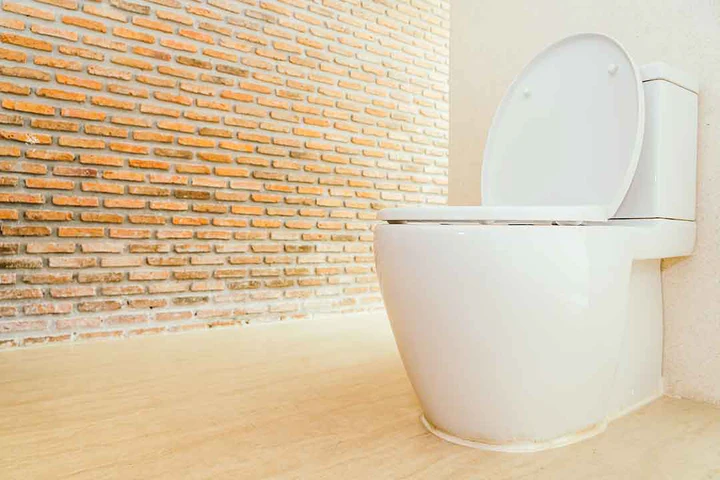Whether a catheter is a good option for an elderly individual depends on their specific medical condition and needs. A catheter is a medical device used to drain urine from the bladder when a person is unable to do so on their own. Catheters may be considered in certain situations for elderly individuals, but it’s essential to weigh the benefits and potential risks.
Here are some considerations to keep in mind:
1. Medical necessity: Catheters are typically used in cases where a person has urinary retention or other medical conditions that prevent them from emptying their bladder effectively. A healthcare professional will assess the individual’s medical condition to determine if a catheter is necessary.
2. Short-term vs. long-term use: Catheters can be used either temporarily or long-term, depending on the medical condition. Short-term use is usually considered safer, while long-term use may carry an increased risk of complications, such as urinary tract infections.
3. Risks and complications: Catheters carry some risks, including urinary tract infections, skin irritation, bladder spasms, and the potential for injury during insertion or removal. The elderly population may be more susceptible to these complications due to weaker immune systems and other age-related factors.
4. Mobility and independence: Catheter use can impact an individual’s mobility and independence, as it may require assistance in managing the device and emptying the collection bag.
5. Alternatives: In some cases, there may be alternatives to catheter use, such as medications or certain medical procedures. Discuss these options with a healthcare professional to explore the most suitable choice for the individual’s condition.
6. Palliative care: In end-of-life or palliative care situations, catheters may be used to provide comfort and manage symptoms effectively.
It’s essential to involve the elderly individual in the decision-making process, discussing the potential benefits and risks of catheter use, as well as alternative options. Consulting with a healthcare professional, such as a urologist or geriatric specialist, is crucial to assess the individual’s specific needs and determine the best course of action.
Ultimately, the decision to use a catheter should be based on medical necessity, considering the individual’s overall health and quality of life. If a catheter is prescribed, appropriate care and maintenance, along with regular monitoring by healthcare professionals, can help reduce the risk of complications and ensure the individual’s well-being.







